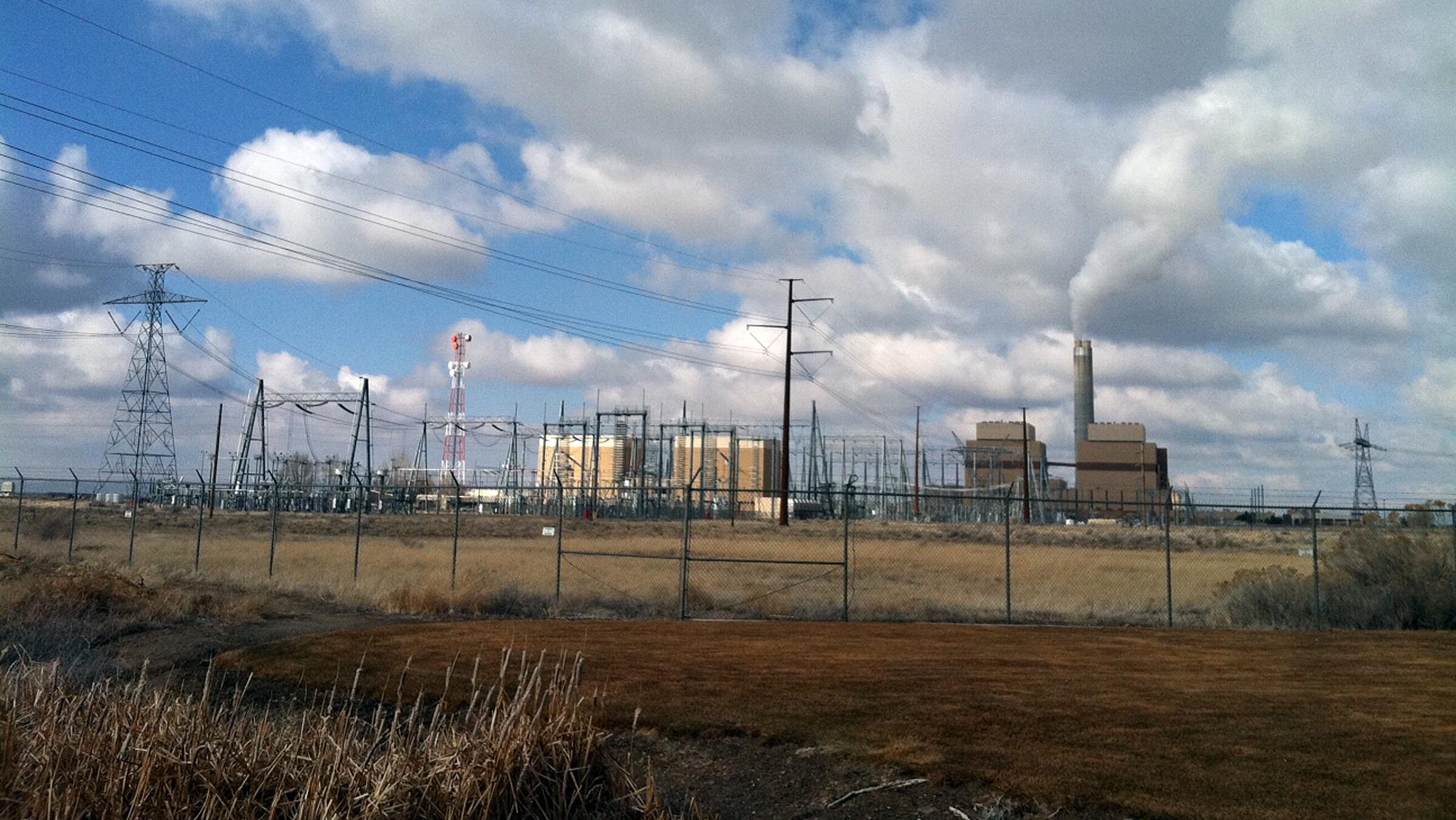Utah Takes Control of Delta Power Plant for Transition to Hydrogen
Key Ideas
- Utah lawmakers modified an energy law to allow the state to take over a coal power plant in Delta for a transition to natural gas and hydrogen production.
- The change is expected to benefit central Utah economically by preserving jobs in coal mining, plant operations, and trucking.
- House Speaker Mike Schultz emphasized the importance of keeping the power plant open to address energy cost concerns and ensure energy production in the state.
- The Delta coal power plant is considered one of the cleanest in the nation, and state leaders are focused on saving energy production in Utah.
During a special session of the Utah Legislature, lawmakers passed a bill, HB3004, to enable the state to assume control of a coal power plant in Delta, Utah. The plant, currently owned by Intermountain Power Agency, is set to transition to natural gas and hydrogen production. Representative Carl Albrect highlighted the economic benefits for central Utah, including job preservation in coal mining, plant operations, and transportation. The decision to shift to natural gas and hydrogen aims to address rising energy costs and ensure energy stability in the state. House Speaker Mike Schultz stressed the significance of maintaining the power plant operational to mitigate energy shortages. Despite the initial plan to switch to natural gas, state leaders are keen on continuing coal production at the plant. The move to manage the Delta plant marks a significant step in Utah's energy transition efforts, with a focus on cleaner energy production and economic development.
Topics
Utilities
Clean Energy
Legislation
Economic Impact
Energy Costs
Transition
Energy Law
Ownership
Coal Power Plant
Latest News
